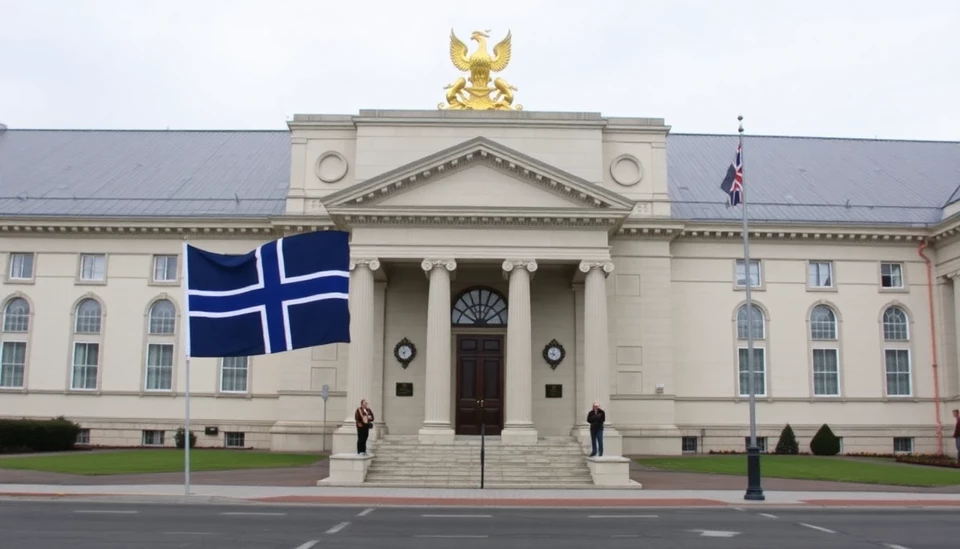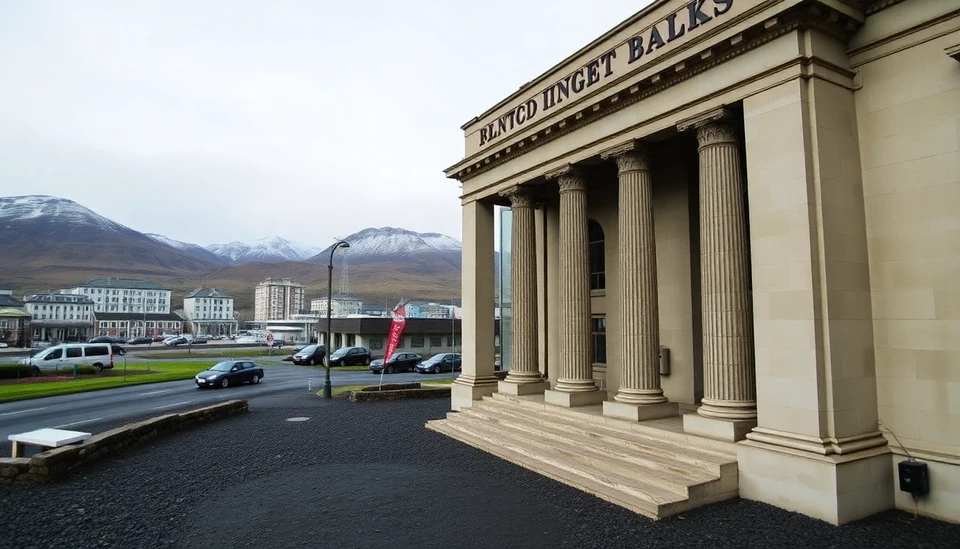
In a surprising turn of events, Iceland's official statistics agency has projected a significant slowdown in the country’s economic growth for 2024. According to the latest report, the Icelandic economy is expected to come to a near halt, raising concerns among policymakers and businesses alike about the potential implications of this deceleration.
The National Statistical Institute of Iceland has provided fresh insights into its economic outlook, revealing that the growth which had previously characterized the nation's recovery post-pandemic is beginning to falter. This shift is largely attributed to a combination of external economic pressures, inflationary trends, and a weakened consumer sentiment.
One of the primary contributors to this bleak forecast is the global economic landscape, which is experiencing uncertainty due to geopolitical tensions and supply chain disruptions. Additionally, rising inflation rates have constrained consumer purchasing power, leading to a notable decrease in domestic demand. This weakened demand is particularly alarming as it directly impacts various sectors including retail, hospitality, and tourism, which are vital to Iceland's economy.
In its previous assessments, the statistics body had anticipated a more robust growth trajectory for 2024, but those expectations have been revised dramatically. The newly estimated growth rate for the upcoming year is now projected at a mere fraction of what was previously believed, signaling potential challenges ahead for the Icelandic government as it grapples with fiscal planning and economic policy adjustments.
The report highlights various macroeconomic factors that have contributed to this downturn, including elevated energy prices, which have further strained household budgets. The government, recognizing the pressing nature of these challenges, is exploring a variety of measures aimed at stimulating the economy, from fiscal incentives to investments in key infrastructure projects.
Policy experts are urging Icelandic authorities to act swiftly, as prolonged economic stagnation could lead to broader repercussions, including increased unemployment and decreased public sector revenues. This concern is compounded by the fact that many Icelanders have expressed a growing sense of economic anxiety, primarily driven by rising costs of living and uncertainty in job security.
Looking ahead, all eyes will be on how the Icelandic government navigates these turbulent waters. With inflation continuing to rise and demand softening, the need for proactive measures has never been more pressing. Stakeholders from various sectors are advocating for a multifaceted approach that can foster resilience and adaptability in the face of these emerging challenges.
As 2024 looms on the horizon, the prospect of an economic slowdown creates a ripple effect throughout the nation, touching the lives of everyday Icelanders and raising questions about the sustainability of growth in the coming years. The implications of these forecasts could shape the direction of economic policy and have lasting consequences in the broader context of Iceland’s financial health.
In summary, the latest report from Iceland’s statistics agency serves as a clarion call for both public and private sectors to brace themselves for potentially turbulent times ahead, urging a collaborative response to safeguard against the looming economic challenges.
#Iceland #Economy #EconomicForecast #IcelandStatistics #GrowthSlowdown #Inflation
Author: Rachel Greene




